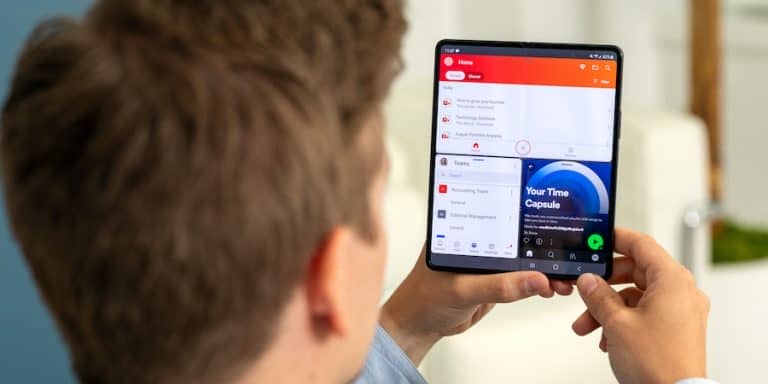Smartphones vs. Laptops: Is the Era of Computers Waning?
In today’s digital age, smartphones have become ubiquitous, enabling users to check emails, engage on social media, shop, and capture memories. These functionalities, once exclusive to laptops, raise the question: Are smartphones poised to overshadow computers?
While smartphones have gained immense popularity, they haven’t entirely eclipsed laptops. Tasks like document creation, video editing, and other professional endeavors still demand the larger screen and software versatility of laptops. However, the gap between smartphone and laptop usage is narrowing.
Diving Deeper: Smartphone and Laptop Usage Trends
Everywhere you turn, smartphones dominate the scene, making it easy to assume they’ve outpaced laptops. While a significant chunk of the global population prefers smartphones, it’s premature to claim they’ve wholly replaced laptops.
The Smartphone: A Standalone Computer?
The distinction between smartphone and laptop capabilities is diminishing with each smartphone iteration. For many, the smartphone is evolving into their sole computing device, especially for generic tasks.
The Power Shift in Technology
A few years back, the idea of substituting a laptop with a smartphone for work seemed far-fetched, primarily due to limited smartphone capabilities. Fast forward to today, and the narrative has shifted.
Mobile-Powered Desktop Computing
Cutting-edge smartphones now support external monitors, keyboards, and mice, enhancing their appeal. This adaptability suggests that for users seeking a blend of portability and functionality, smartphones might be the answer.
Yet, Smartphones Have Their Limits…
Despite their advancing capabilities, smartphones can’t match the comprehensive functionalities of laptops. Tasks like intricate video editing or software development remain beyond their reach. While smartphones are catching up, they still can’t replicate certain essential laptop applications.
In Conclusion
The ascendancy of smartphones as primary devices is undeniable. However, scenarios demanding the robustness of a laptop, be it prolonged work sessions at an airport or a personal preference for laptop interfaces, ensure that laptops remain relevant. The future might see a more integrated synergy between these devices rather than an outright replacement.


